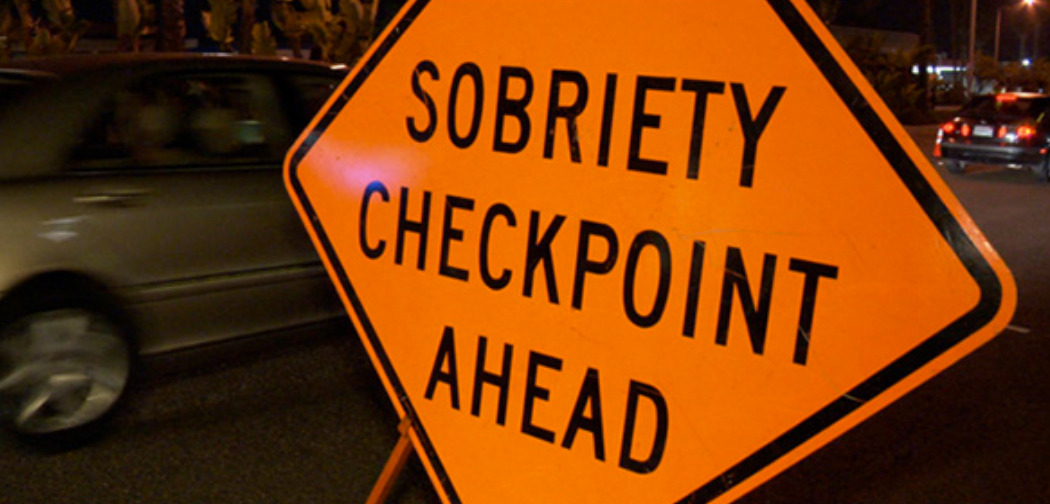Are DWI Checkpoints Legal in North Carolina?
By
Randall & Stump excels in criminal defense, serving clients in Charlotte, NC & other surrounding cities.
Learn More
Randall & Stump, PLLC
i
Category Charlotte DWI Attorney, DWI
Thursday, May 4, 2023

Stopped at a DWI Checkpoint in North Carolina? We Can Help
DWI checkpoints, also known as sobriety checkpoints or roadblocks, are common on North Carolina roads. Even if you haven’t been drinking, these checkpoints can be anxiety-inducing. But if you have been drinking, you may wonder what your rights are if the police stop you. Our Charlotte DWI lawyers discuss what to know about North Carolina DWI checkpoint laws and what to do if you’re stopped at one.
Sobriety Checkpoints are Legal in North Carolina
DWI checkpoints are legal in North Carolina. In fact, the state has a specific statute outlining how these checking stations can operate.
North Carolina uses DWI checkpoints to deter drunk driving. In 2022, NC State Highway Patrol made over 18,000 DWI arrests, many of which resulted from road checks. There is no set schedule for when checkpoints are held, but they are more common when there may be more impaired drivers on the road, such as on holidays and weekend nights.
Legal Requirements for North Carolina DWI Checkpoints
Police must follow guidelines for establishing a sobriety checkpoint to avoid violating citizens’ Fourth Amendment rights against unreasonable searches and seizures. North Carolina DWI checkpoint laws require police to adhere to the following rules:
- Announce the checkpoint. At a minimum, flashing blue lights must be operating at the site of the check. Though not required, checkpoints can also be publicized with the date and location shared in advance.
- Conduct random checks. A pattern must be followed for checking vehicles, such as every fifth vehicle.
- Have a specific purpose. The check must be conducted for a particular offense, such as looking for impaired drivers — not just general crime.
- Other violations can be cited. Checkpoints can result in tickets for unobservable offenses, such as driving with a suspended license, but officers can also issue citations for other non-vehicle-related crimes.
What Happens at a North Carolina DWI Checkpoint?
Officers at a DWI checkpoint look for signs of impairment, such as slurred speech or the odor of marijuana or alcohol. They will also likely ask for your license, registration, and proof of insurance to conduct a general safety check, which you must comply with.
If an officer suspects you are impaired, they can administer a field sobriety test — however, you can decline these field sobriety test requests. If an officer has probable cause to believe someone is driving while impaired, they can detain drivers and make an arrest.
What to Do at a DWI Checkpoint
Whether you unexpectedly find yourself at a DWI checkpoint or have never been stopped at one before, here’s what to do to protect your rights and make the experience smoother:
- Don’t elude the checkpoint. You might be tempted to turn around to avoid the stop, but doing so gives an officer probable cause to pull you over. Even if you are sober, evading a checkpoint can look suspicious.
- Don’t admit that you have been drinking.Police may ask if you have been drinking or where you are driving. However, you aren’t required to answer. You can politely state that you do not want to answer the question.
- Decline a vehicle search.You also have the right not to consent to a vehicle search. Politely decline if asked.
- Refuse field sobriety test. You can also decline to perform field sobriety tests.
- Choose whether to take a breathalyzer. You do not have to consent to a breathalyzer at an officer’s request. However, if convicted, you may face stricter consequences if you don’t comply, including losing your license for 12 months due to your refusal to submit to a breath test.
- Drive away only when permitted. Do not leave the checkpoint without permission. If you’re unsure when driving away is acceptable, simply ask the officer if you can go.
If you’re asked to exit your vehicle at any time, do so. Above all, behave respectfully and politely.
Charged with a DWI at a Checkpoint? Call Randall & Stump Today
North Carolina DWI checkpoint laws clearly establish the requirements for what can happen at a stop. But even though checkpoints are legal in North Carolina, not all searches or arrests resulting from them are ironclad. If you are stopped at a checkpoint and charged with any violation, Randall & Stump, Criminal Defense Attorneys can help. Our criminal lawyers in Charlotte, NC can explain your options and fight to keep the charges from affecting your future.
Learn more about how we can help and call (980) 237-4579 or contact us online to schedule a free and confidential consultation.
